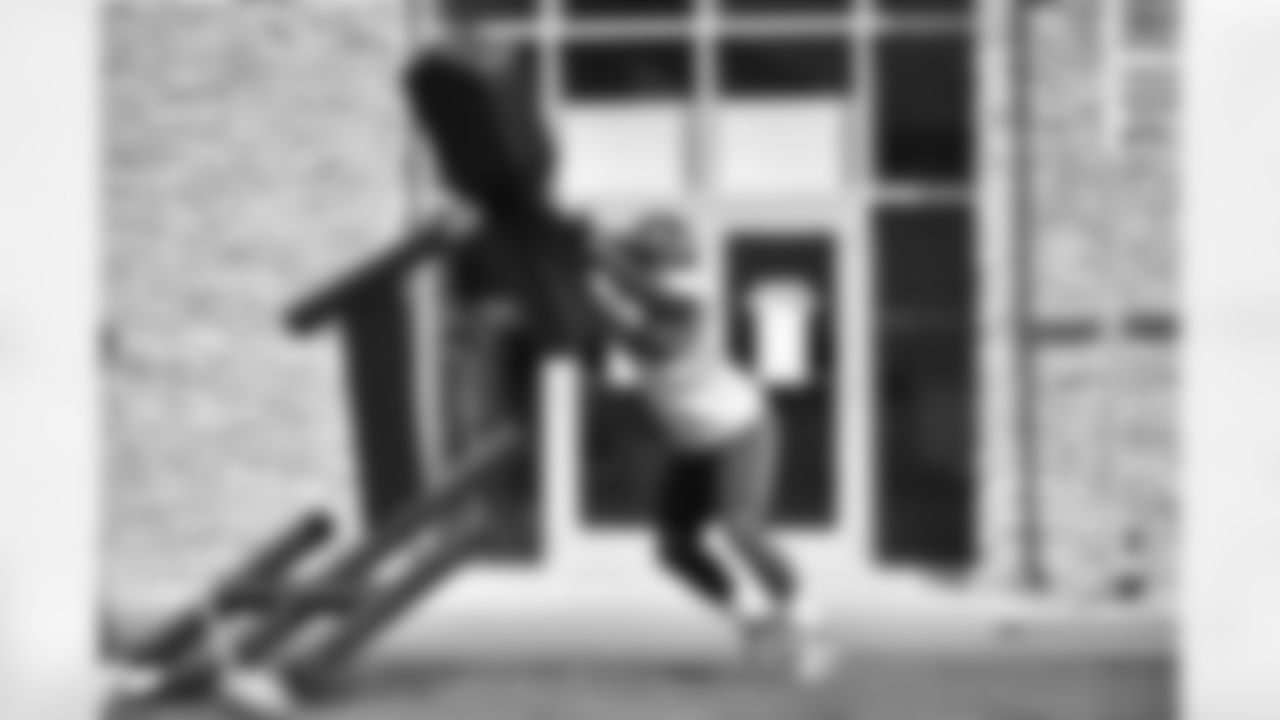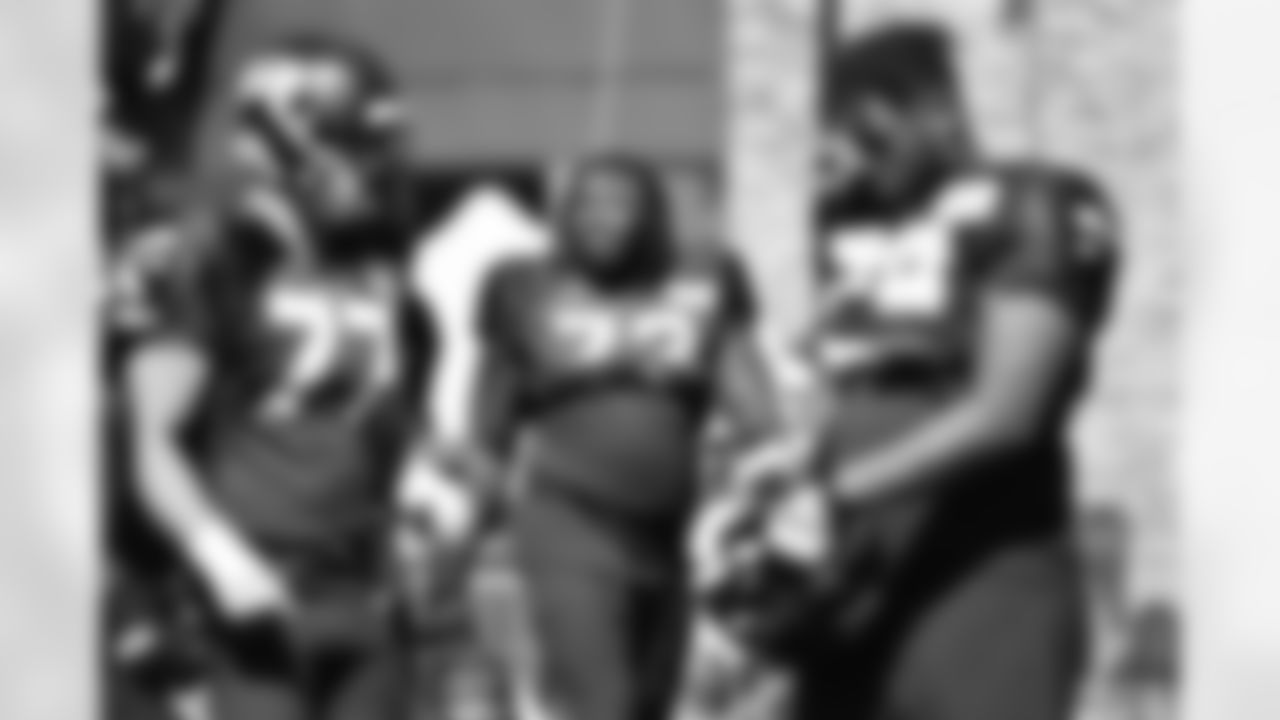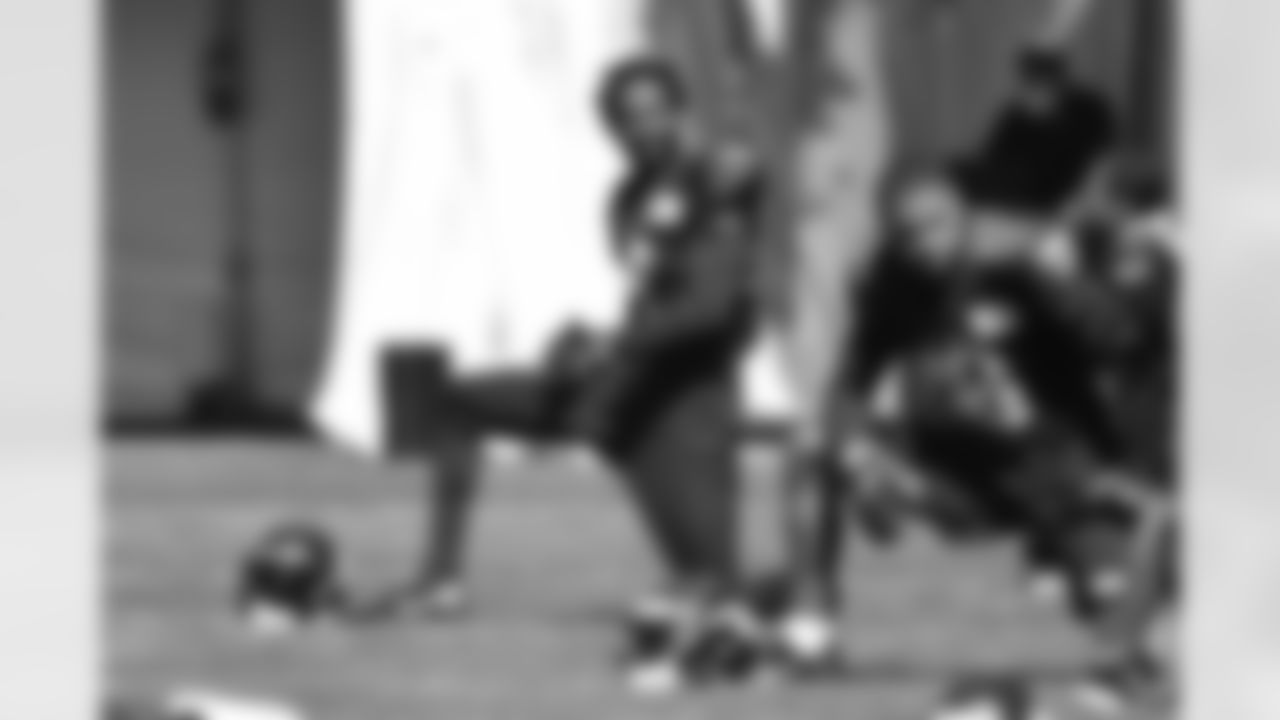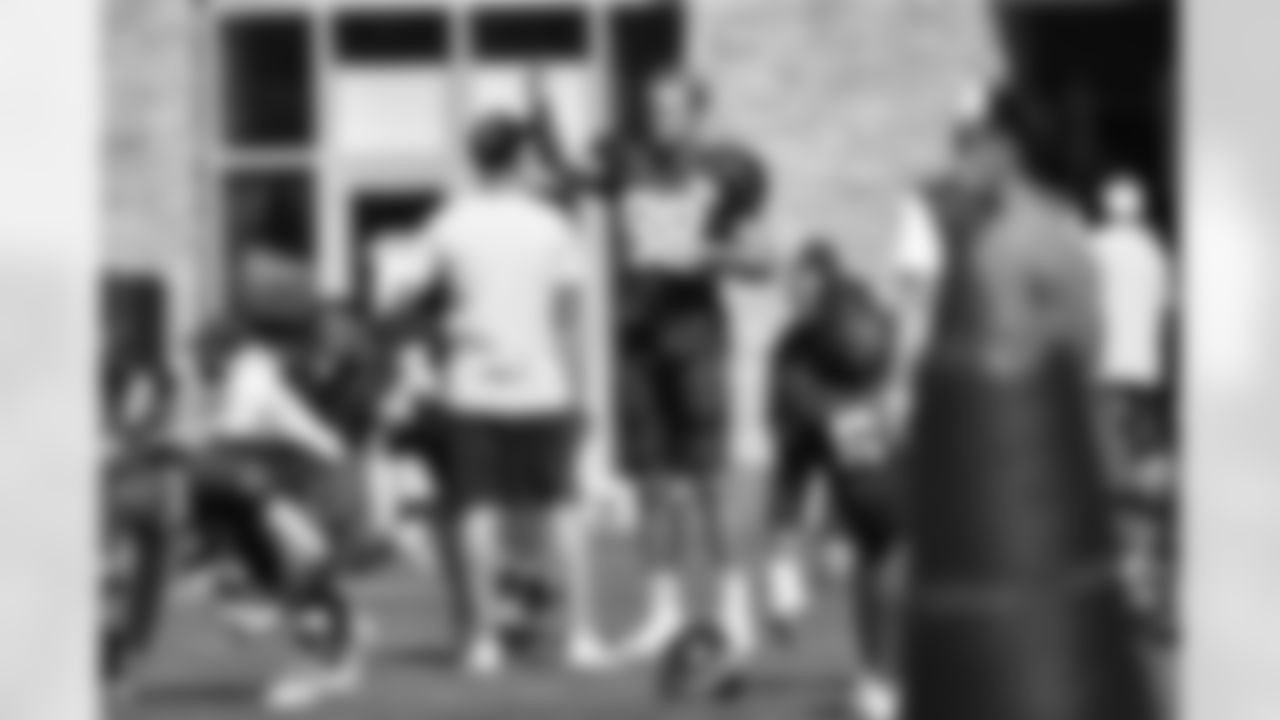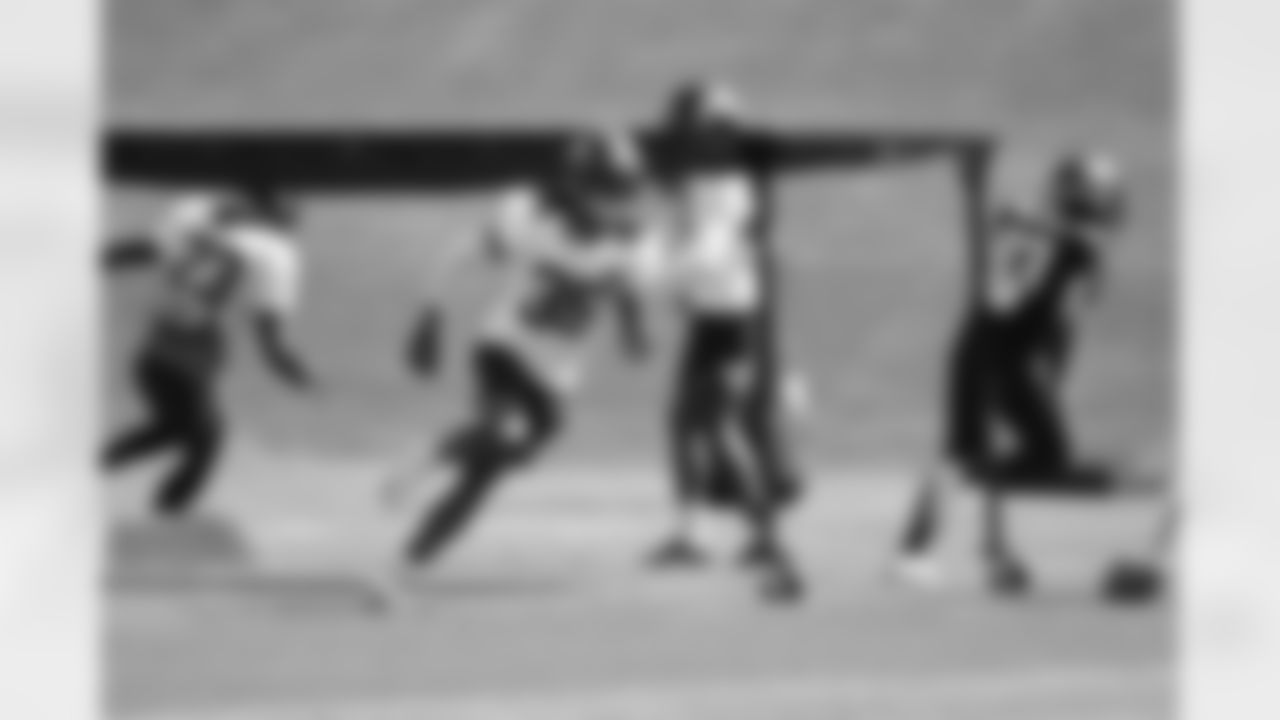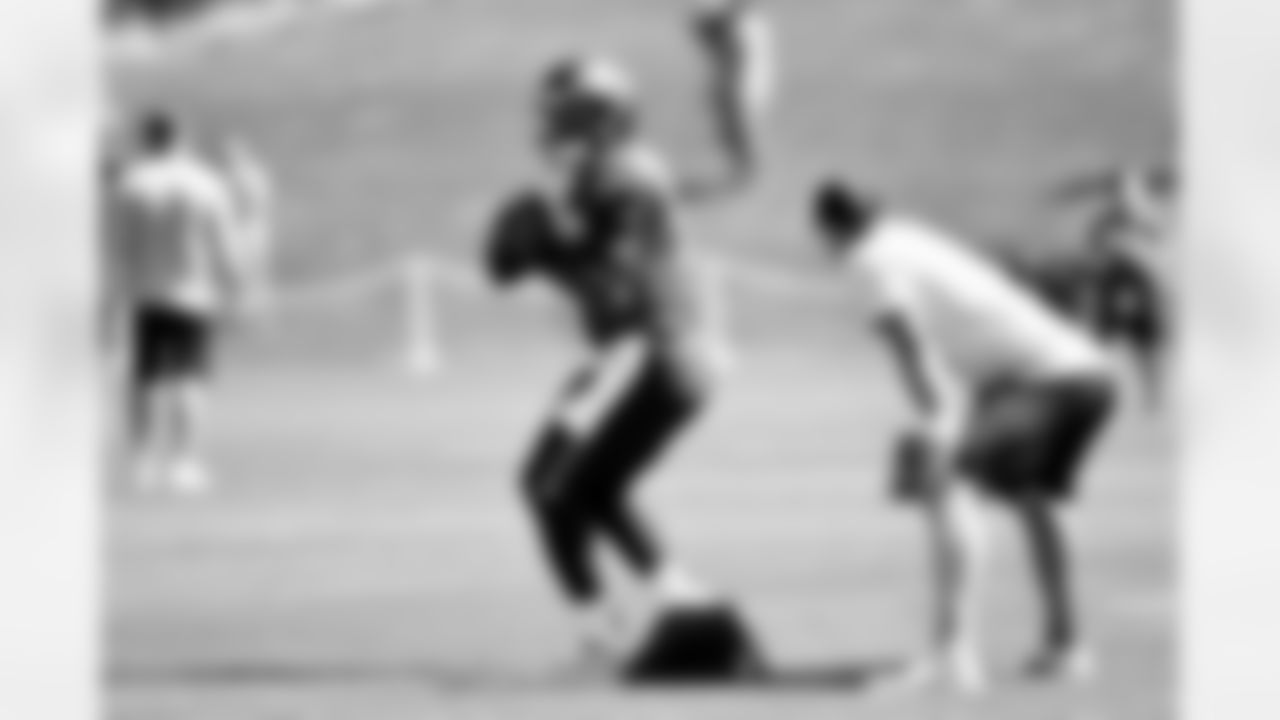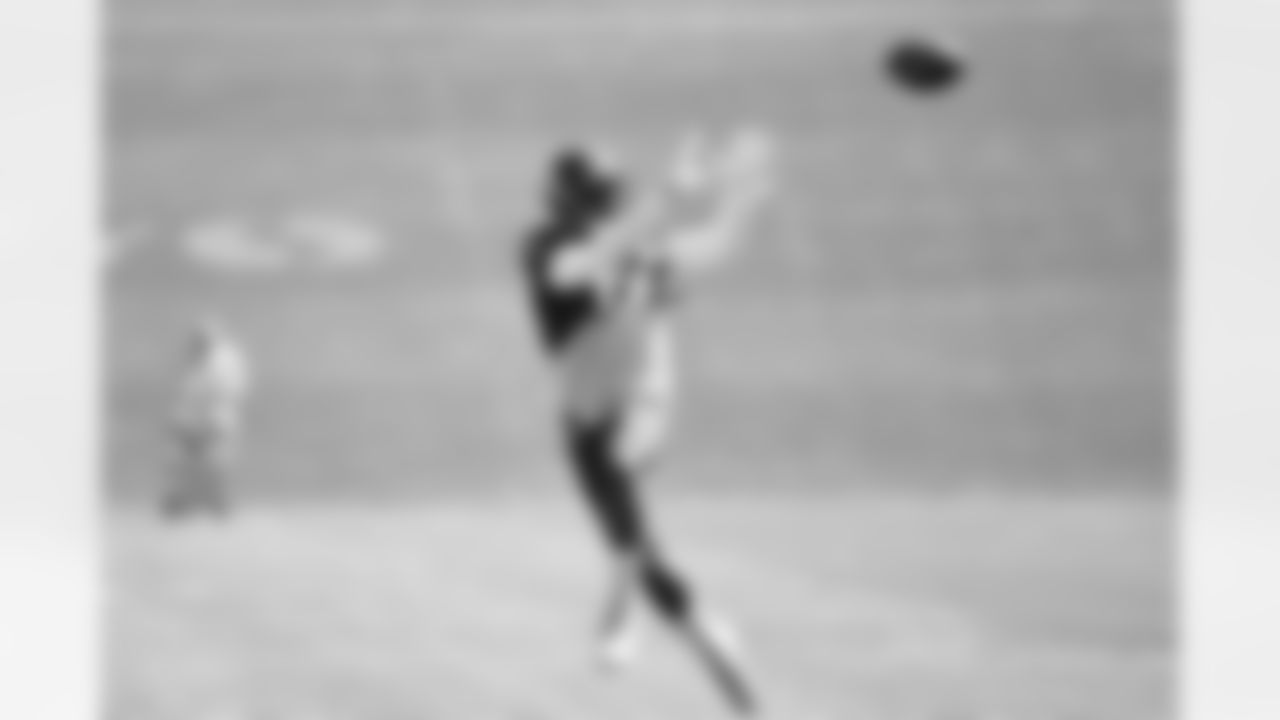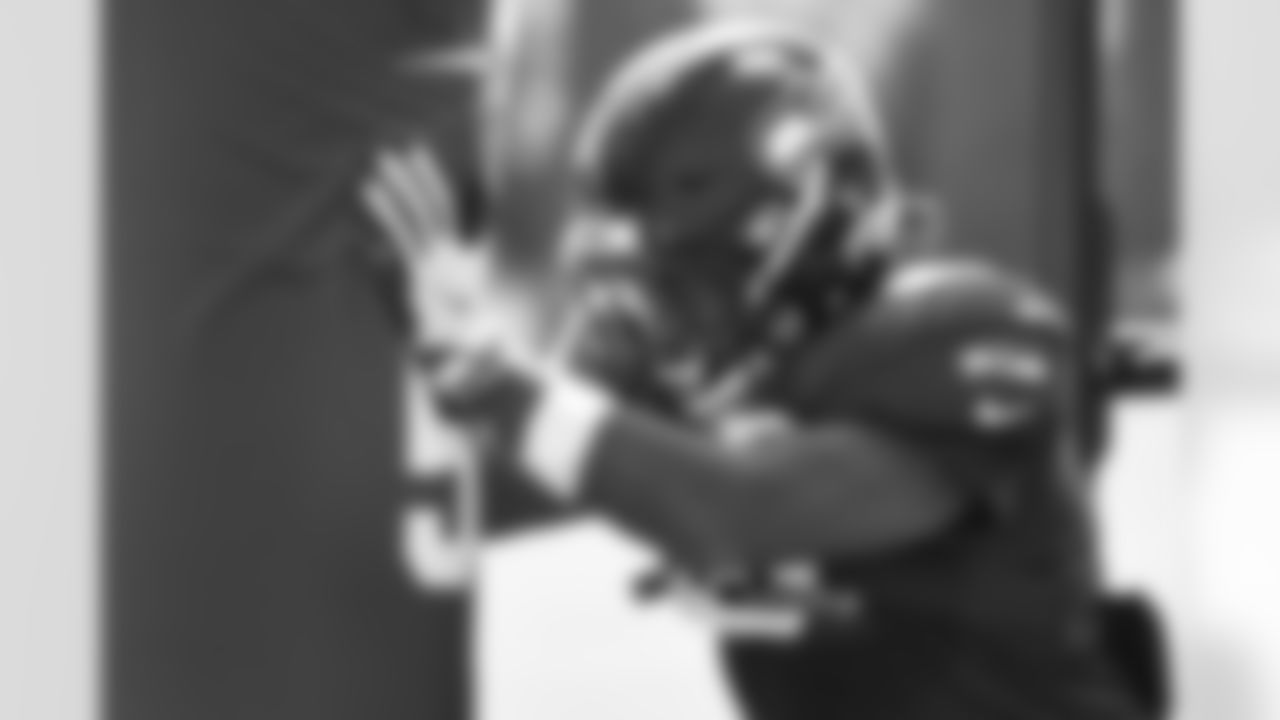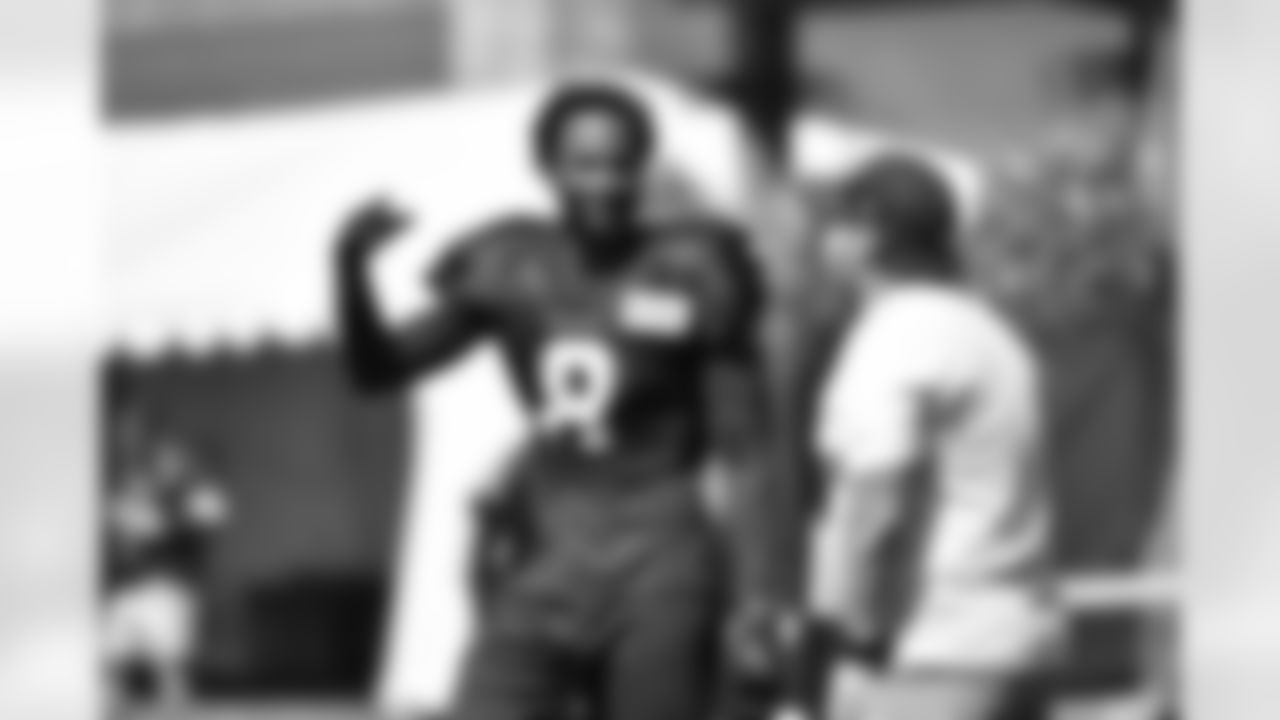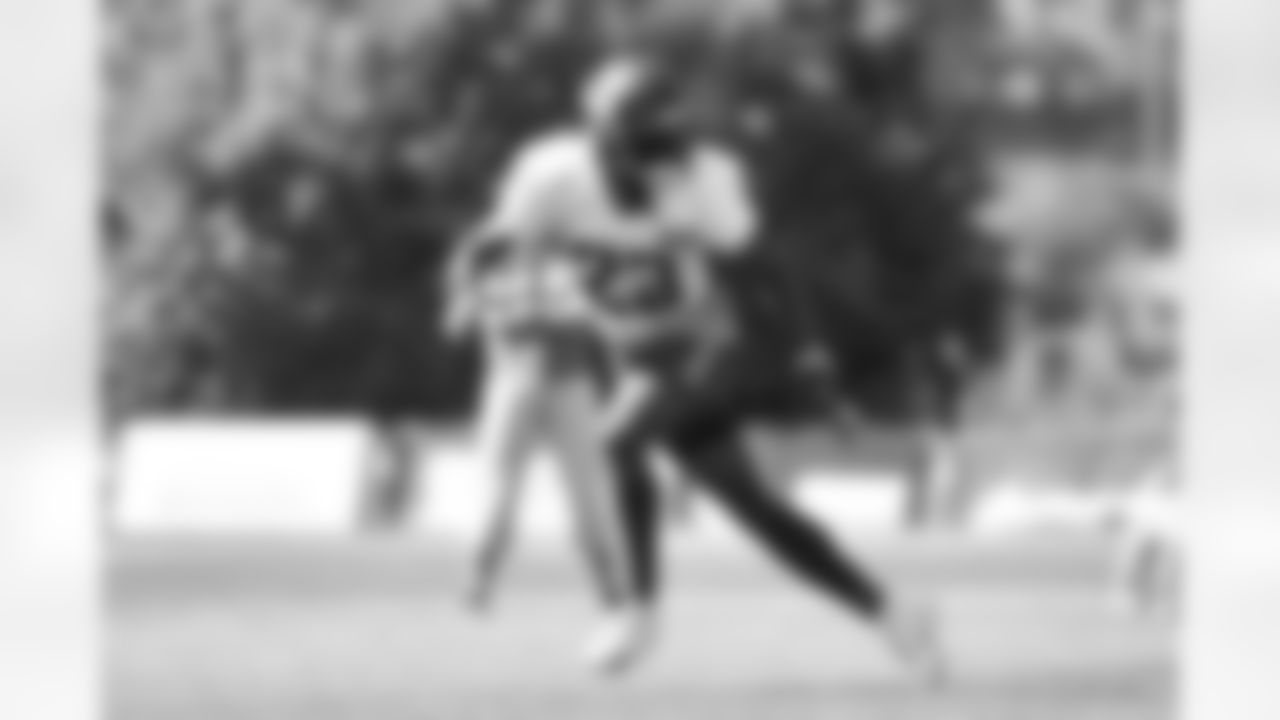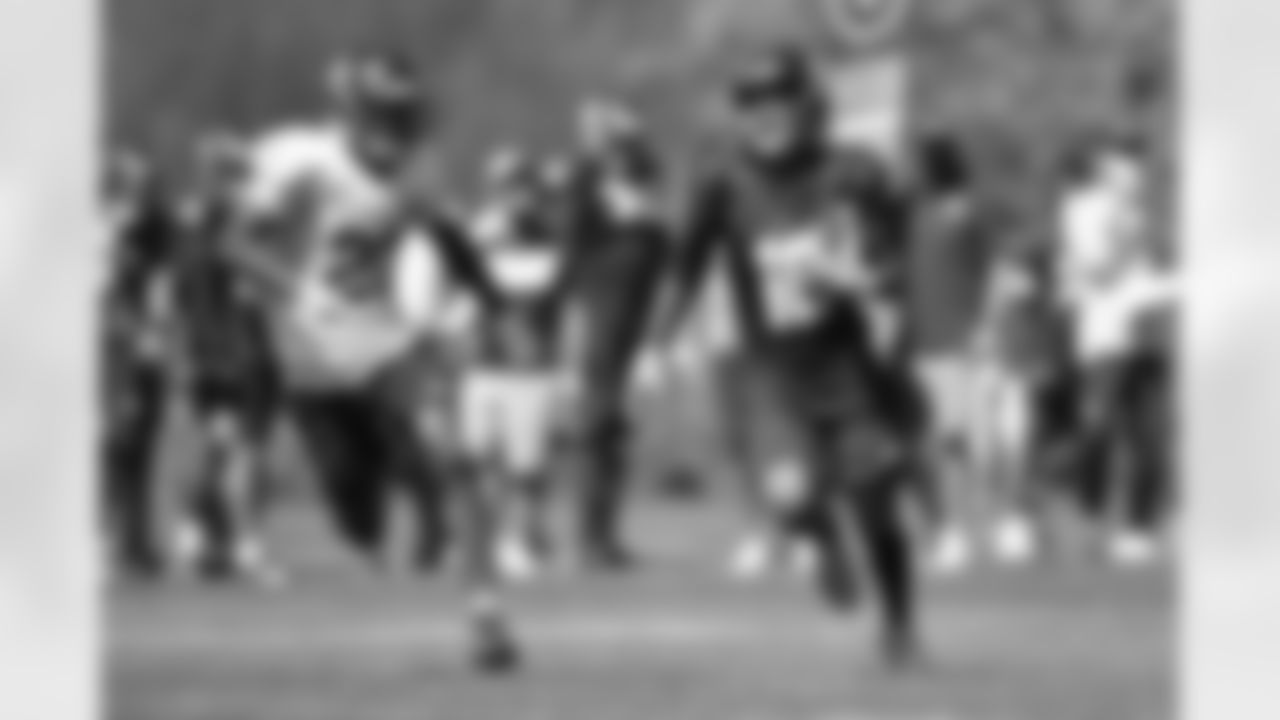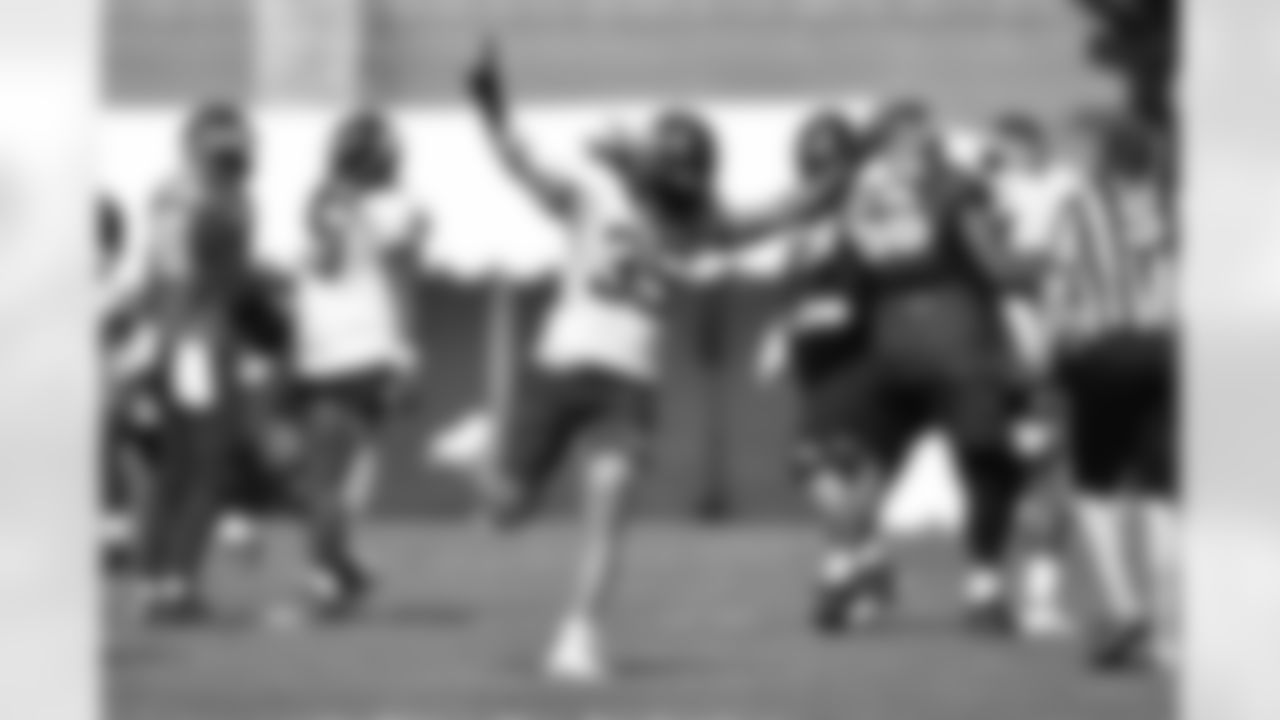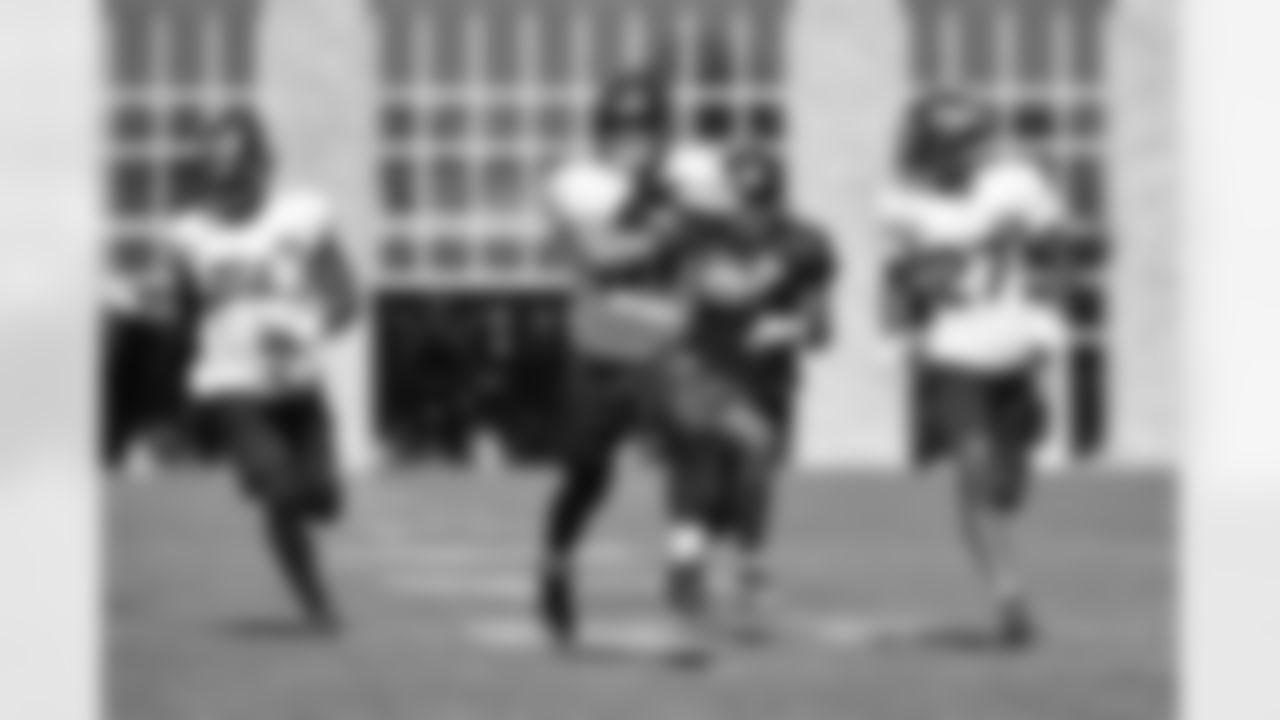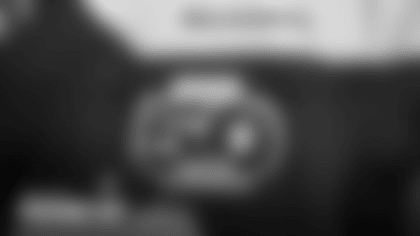When the Seahawks held a lengthy team meeting Saturday before eventually deciding as a team to cancel that days practice and instead register the entire team to vote, the first player Pete Carroll had address his teammates wasn't one of the veteran leaders who has been around for the better part of a decade, but rather Jamal Adams, a 24-year-old who has been with the team for only a month.
"I'm afraid," Adams said he told his teammates. "I fear for my life as a Black man, and I shouldn't fear for my life. It's tough to continue to do what I do. When I take off my Seahawks gear, I'm just another Black guy in the community, another Black guy in the street. It's a tough concept to swallow. I'm afraid every time I walk by a cop. I'm afraid every time a cop pulls me over. I'm afraid when I walk into a restaurant or a bar, and they tell me that I can't have those pants on or I can't have those shoes on. I'm afraid."
Adams explained that when he was still in high school and on a recruiting visit, he and other recruits and college players were pulled over and had guns drawn on them.
"I did once have a gun drawn on me, and I did nothing," he said. "I was on the ground. I once felt that, I felt that pressure. I was scared, I was terrified… Three cop cars pulled us over, and I'll never forget the day, I'll never forget when the guy put us on the ground and found out who we were and said, 'This is how we treat our players, you don't want to come here.' So it's always been like that, I've always been stereotyped my whole life. I grew up in a diverse area. I went to a diverse school. I've seen all the jokes, I've seen it all. And again, I fear for my life, man. I fear for my niece's life, I fear for my nephew's life, I fear for my brother's life, I fear for my parents' life. I fear for my brothers, because I don't know when my time is up, I don't know if I'm next. I don't know if—is enough enough? Will I be the one that has to be the guy for people to understand that they're killing unarmed black people? Does a top athlete have to go down for people to really listen and understand why? There's no justifying anything. There's no justifying, 'he had a knife,' there's no justifying, 'Oh, he was on drugs,' there's no justifying. Murder is murder. Wrong is wrong and right is right, it's as simple as that."
The deaths of Ahmaud Arbery, Breonna Taylor and George Floyd, and the recent shooting of Jacob Blake, who is paralyzed after being shot seven times in the back by a police officer in Kenosha, Wisconsin—contrasted against the way a white teenager was able to carry an assault rifle through a protest without being stopped by police, eventually using it to kill two people and wound a third—have all served as painful reminders of the racism that still exists in our country.
And just like Black people in every walk of life, Black athletes are dealing with a lot of trauma right now. They're scared, they're angry, and they're fed up with having to make the same points over and over again because not enough white people are willing to listen.
We heard it from Russell Wilson on Friday on 710 ESPN Seattle when he talked about fearing for his kids' safety as they get older; we heard it from Quandre Diggs, who explained that he checks in with his mom daily because as the parent of a Black man, she fears for her son; we heard it from Adams and Paul Richardson in video press conferences Monday; and we've been hearing it from Black athletes all over the country who, because of their fame, are asked to speak on these issues over and over again even though the problem isn't theirs to solve. Their fear is real, their trauma is real, and white people don't get to tell them it isn't, no matter what type of misleading stats you want to produce.
And that's what made Pete Carroll's Saturday press conference so important. Black people can tell us over and over again about the racism they're experiencing, about the fear they're living with daily, but if white people, who thanks in no small part to centuries of systemic racism hold more positions of power and control more wealth, aren't willing to listening, it's awfully hard for change to happen.
In Carroll's impassioned 14-plus minute monologue, he expressed support for his players, which is important, but what is more significant is that he called out his fellow coaches, and white people in general, to listen to what Black people have been saying for so long.
"Black people can't scream anymore,” Carroll said. "They can't march any more, they can't bear their souls anymore to what they've lived with for hundreds of years because white guys came over from Europe and started a new country with a great idea and great ideals and wrote down great writings and laws and all of that about democracy and freedom and equality for all. And then that's not what happened, because we went down this road here and followed economics—rich white guys making money—and they put together a system of slavery, and we've never left it, really. It has never gone away.
"Black people know the truth, they know exactly what's going on. It's white people who don't know. It's not that they're not telling us; they've been telling us the stories. We know what's right and what's wrong, we just have not been open to listen to it. We've been unwilling to accept the real history. We've been taught a false history of what happened in this country, we've been basing things on false premises, and it has not been about equality for all, it has not been about freedom for all, it has not been opportunity for all, and it needs to be. This is a humanity issue we're dealing with. This is a white people's issue to get over and learn what's going on and to figure it out and start loving everybody that is part of our country, and that want to come to our country, wherever they want to come from."
Adams Tweeted his approval of Carroll's message not long after that press conference Saturday, then expanded upon those thoughts on Sunday.
"I saw a leader," Adams said. "I saw a man that wants to learn even more. I saw a man that understands the pain that the Black community is going through, I saw a guy that's willing to listen. That's what I've seen in coach, and I take my hat off to him. He wanted me to start off the meeting, speaking and I thought that was really very powerful, coming from him to me and him having a trust for me to start it off, with so many high caliber guys here—Russ (Wilson), Bobby (Wagner), K.J. (Wright). So I didn't take that lightly, and I think I set the tone. I think we had a great talk. And we're going to continue to educate and continue to learn… For Pete and so many guys on the staff to understand our pain understand our anger and sit there and listen and educate, that's what it's about. There's no perfect solution. Everybody wants this perfect answer; no one has it right now, we don't know. So all we can do is continue to educate and continue to learn."
Adams was clearly emotional speaking so vulnerably about his own fears, and at the end of his press conference he admitted that, no, he isn't doing OK.
"You know, I'd be lying to you if I said I'm all right," he said. "This building is my escape place. When I take my sweatshirt off, my sweatpants off that say Seattle Seahawks, I'm back to normal life as a black man. We don't know what's going to happen. If it doesn't affect you as a person outside of the race of being Black, you won't care, it doesn't bother you, you live your everyday life."
For the necessary change to happen, Adams' fear and trauma, and that of every Black person, famous athlete or not, needs to bother everyone, not just the people living it.
Scenes from the second mock game of the 2020 Seahawks Training Camp on Sunday, August 30 at the Virginia Mason Athletic Center.. Training Camp is presented by Safeway.
